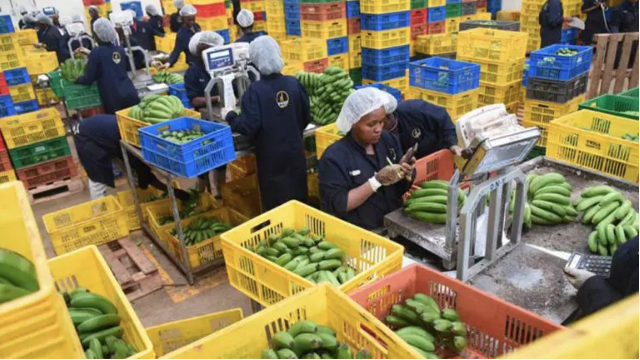The government has leased Muhoroni and Chemelil sugar companies to private players for three decades, signalling a decisive move to revitalise the collapsing sugar industry.
Muhoroni Sugar Company will now be under the management of West Valley Sugar Company, while Chemelil Sugar Company has been leased to Kibos Sugar and Allied Industries Limited.
Both deals were sealed following an international tender process that ran between 28 February and 25 March 2025.
Speaking to Parliament, Agriculture Principal Secretary Paul Rono said, “The bids received were evaluated and tenders were awarded. The leasing is now complete.”
The evaluation process, he explained, adhered strictly to the Public Procurement and Asset Disposal Regulations, 2020.
Read More
Only bidders who scored 80 per cent or higher during the technical assessment were allowed into the financial evaluation phase.
The physical handover of the facilities took place on May 10, 2025.
According to the Ministry, these long-term leases are expected to inject new capital, boost local employment and improve returns for farmers across the sugar belt.
This leasing strategy also aligns with the government’s plan to let go of unprofitable state corporations as part of efforts to finance the 2025/26 national budget.
Even so, the leasing plan has come under scrutiny in Parliament, where lawmakers are questioning the process that led to the award of the contracts.
Members of Parliament are pushing Agriculture Cabinet Secretary Mutahi Kagwe to table all relevant documents tied to the lease transactions.
These include lease agreements, tender evaluation reports, bidders’ audited financial statements, public participation records and legal opinions validating the process.
The National Assembly last week threw out a written submission from Kagwe, insisting he must personally appear before the Agriculture Committee to answer pressing concerns.
Speaker Moses Wetang’ula upheld the demand after MPs claimed the statement lacked essential information.
MP for Muhoroni James K’Oyoo stated, “I find the response grossly insufficient. We were given the impression that the purpose of leasing out these industries is for them to work better for the citizenry.”
He added, “We will need to have the CS here so that he gives a blow-by-blow account of the process. While the intention was good, the process was flawed. This is where we need more clarification.”
K’Oyoo also questioned how one of the winning firms, which he claimed is facing legal proceedings, qualified for the lease in spite of a policy that disqualifies companies with pending court cases.
Legislators now want the CS to present the full tender dossiers, bank guarantees offered by the firms, investment proposals, and official confirmation that nucleus estates attached to the mills won’t be used as security for loans.
They are also calling for signed declarations revealing the beneficial owners of each firm.
Parliament further seeks documentation confirming that adequate public consultation took place, including minutes from community meetings, letters of support from banks, and industry stakeholder endorsements.
In addition, Kagwe is expected to table a legal opinion from the Attorney General’s office and clearance from the Competition Authority, both of which should confirm the legality and fairness of the leasing process.
Besides Muhoroni and Chemelil, two other millers have also been leased out.
Nzoia Sugar Company will now be operated by West Kenya Sugar Company, and Sony Sugar Company has been allocated to Busia Sugar Industry Ltd.
While Parliament is set to grill the Agriculture CS next week, President William Ruto has defended the government’s actions.
During a meeting with leaders from Siaya County at State House, Nairobi, he said, “Some of the decisions we are making are difficult. For instance, we would not have managed to lease out our sugar mills, something we have been trying since I was the Minister for Agriculture in 2009, but it became possible because of a broad-based government.”
As Parliament prepares to grill the Cabinet Secretary further, questions persist over whether this sweeping privatisation will truly sweeten the lives of Kenyan farmers—or merely shift control of the sector from public hands to shadowy private ones.









